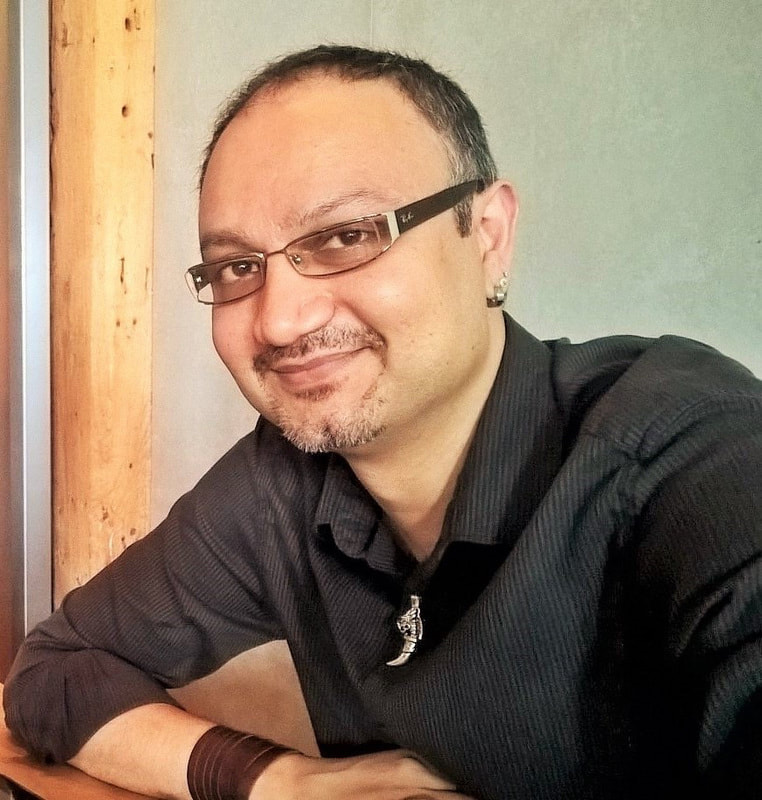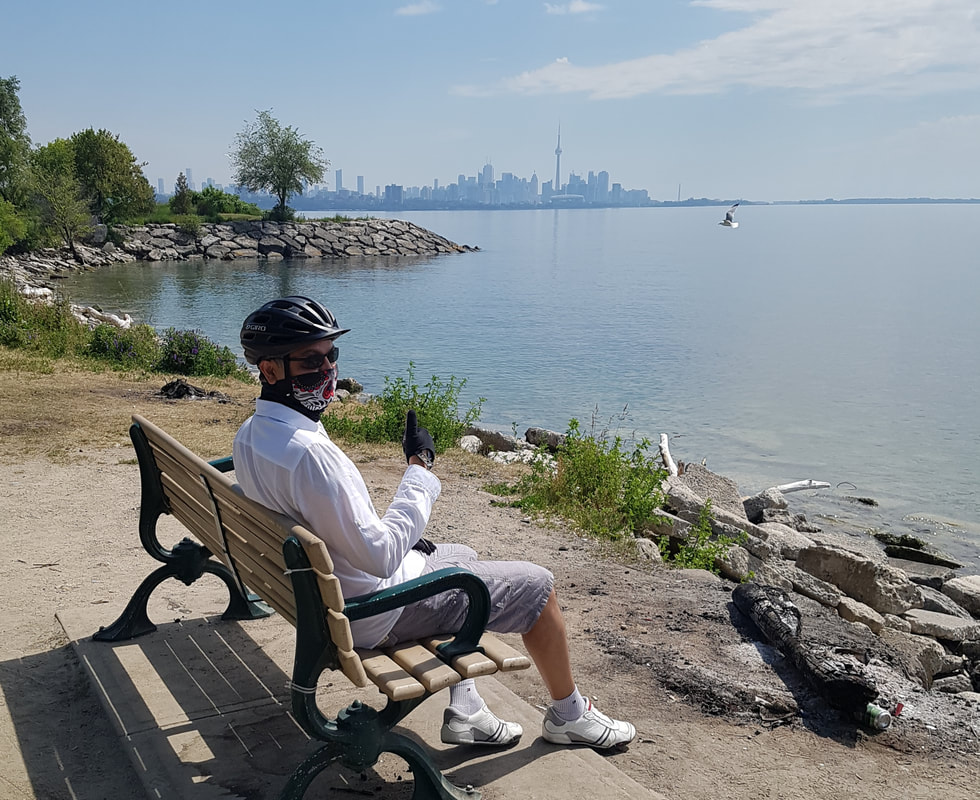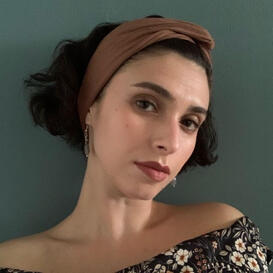|
by Isabel Fiorino-Habib, Community Engagement Coordinator
Working with Youth, Young Adults, and FamiliesI wondered if Niles often encountered resistance while working with younger patients who may not have decided to come into therapy voluntarily. Niles explained that he did sometimes encounter this and shed some important insight as to how he connects with these individuals to overcome this initial obstacle.
As I spoke with Niles, I could really get a sense of his adaptive and chameleon-like nature. I felt intuitively that Niles would have no issue modifying his approach to best suit the needs of the individual at hand. Niles’ genuinely inquisitive and down to earth nature, alongside his open minded and warm approach would definitely provide a safe environment for younger patients who might be struggling and allow them to begin a process of growth and transformation. His light hearted and fun disposition makes him super easy to speak to and I can see how his personality would be well received by patients both young and old. Dynamic Approach
I then asked Niles to tell me a bit about Emotion-Focused Therapy, something that he says he has really come to love. “Personally and as a therapist, I am all about emotion and I like to believe that from the time that we awaken to the time we go to bed, we go through a range of emotions”. Niles believes that it is important for the individual to have space to express what is coming up for them. He explains that the emotion itself is not the issue but more so when the particular emotion comes up, he asks “are you able to express it and is it being expressed in a way that is appropriate and healthy for you?”. Niles tells me that we do not want to shut down or avoid emotions but rather we must honour the feelings that arise. He explains that we must investigate what is happening and ask things like “What do I usually do when this particular emotion comes up?” or “Is this behaviour maladaptive, adaptive, is it healthy or not healthy?”. Niles helps people to identify with and address these questions and normalizes the fact that we as humans experience a multitude of emotions. “It is unfortunate, that we can be socialized into this idea that we should only feel happy, that we should only feel positive emotions ‘you shouldn’t be sad, you shouldn’t be angry, you shouldn’t be frustrated, etc’..and then when we feel these emotions, we feel bad. We suppress them, we don’t talk about them”. Niles stresses the importance of having a space to express every and any emotion and hopes that in his therapeutic sessions, clients feel that they can express, process and let these emotions come out. Afterwards, he would begin to work with his client to identify ways to cope with the emotions, all while acknowledging that it is perfectly normal to have a wide range of emotions.
About the author, Isabel Fiorino-Habib
0 Comments
Leave a Reply. |
Archives
January 2023
CategoriesAll Advice Affirmation Animal Teachings Anxiety Assessment Tool Astrology Boundaries Breath Ceremony Chanting Cleaning Coaching Cooking Creativity Dream Earth Eco Spirituality Eco-Spirituality Fatigue Fear Fertility And Pregnancy Grief Grounding Happiness Honouring Our Elders Hormones Intention Intentionality Limiting Beliefs Living Seasonally Love Mars Retrograde Meditation Mindfulness Nature Nutrition Overwhelm Palmistry Practice Feature Prayer Psychotherapy Radical Self Nourishment Recipe Recovery Reiki Renewal Self Betrayal Self Care Self-Care Self-Compassion Self-expression Self Love Self-Love Self-worth Shinrin-Yoku Sleep Sound Healing Sounding Stress Symbolism Tarot Tools And Techniques Transformation Vitamin N Workshop Yoga |
257 Danforth Ave Toronto |
Connect
|




 RSS Feed
RSS Feed